Our 2022 Priorities
Clean water to drink and clean air to breathe; healthy beaches, lakes and rivers that are safe for swimming and fishing; preserved open spaces; clean sources of energy that don’t pollute and never run out — all this should be the heritage we leave to future generations.

Clean water to drink and clean air to breathe; healthy beaches, lakes and rivers that are safe for swimming and fishing; preserved open spaces; clean sources of energy that don’t pollute and never run out — all this should be the heritage we leave to future generations.
Defending our environment requires independent research, tough-minded advocacy and spirited grassroots action. That’s the idea behind Environment Virginia. Together with thousands of supporters from all walks of life, we take the kind of action that wins results.
In 2021, we celebrated many victories for the environment in Virginia including passing a ban on single use foam cups and take out containers, advancing our clean car standards, and breaking ground on the nation’s first wind farm in federal waters. With a new political landscape in Virginia, it is more important than ever to continue to fight for the environmental values Virginians share. Our program agenda for 2022 lays out how we should continue to make Virginia greener this year.
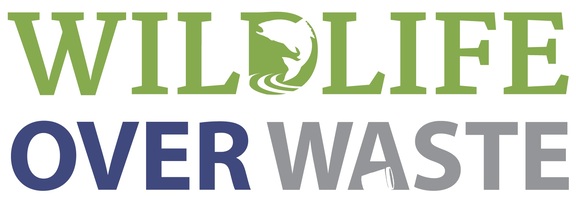
Pollution is a major issue for Virginia’s waterways and the iconic Chesapeake Bay. Increasingly single use plastics and other litter have become a top pollution issue for our wildlife and ecosystems. Every day people are throwing away tons of single-use cups, containers and other plastic “stuff.” Nothing we use for a few minutes should be allowed to pollute Virginia’s coast and rivers and threaten wildlife for centuries.
In 2022 Environment Virginia supports:
- Holding producers responsible for the environmental impacts of their products by establishing a product stewardship organization. Producers of products and packaging with single use plastic would have to pay for the environmental impacts. This type of initiative would incentive reusable products and/or ones made from recyclable materials.
- Continuing action to reduce the most harmful single use plastics. In the short term, we support localities putting fees on plastic bags with the long term goal of revisiting statewide action.
- Protecting Virginia’s progress reducing single use plastics. In 2021, Virginia became the 6th state to pass a statewide ban on polystyrene, banned intentional balloon releases and has taken significant action on eliminating other single use plastics in state agencies and on public colleges and universities. We will work to protect these victories and ensure they are implemented and enforced properly.
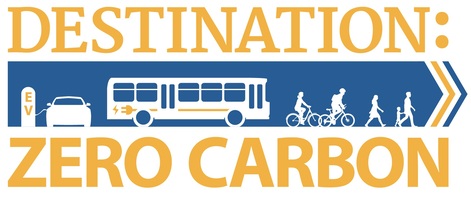
Transportation is now the top contributor of carbon pollution in Virginia resulting in increased dirty air days, health risks and global warming. In 2021, Virginia made progress with investments in rail and the adoption of Advanced Clean Car Standards to increase low and zero emission vehicles. We need to protect this progress and continue to pursue opportunities to transform how we get around if we are going to starve off the worst impacts of climate change.
In 2022, Environment Virginia supports:
- Participating in the Transportation Climate Initiative (TCI). TCI is an opportunity to greatly reduce pollution and for Virginia to become a leader in climate action. We support the implementation of a strong transportation cap-and-invest program with revenue going to investments in clean transportation.
- Protecting Advanced Clean Car standards. Virginia became the 11th state to pass stronger clean car standards for new vehicles and adopted the Zero Emissions Vehicle (ZEV) program which would require manufacturers to increase the number of electric vehicles sold here in Virginia. We must protect this program and ensure implementation.
- Electrifying Virginia’s transportation. We support adopting requirements to electrify state vehicle fleets, providing funding and incentives for cities and counties to purchase electric vehicles including transit and school buses. We also support incentives for individual consumers to purchase EVs, including rebates and expanded charging infrastructure.
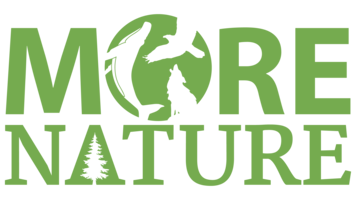
In order to create More Nature in Virginia, we need to prioritize it. We of course need to fight against climate change, water pollution and unsustainable development but we also need to commit to protecting more nature and investing in our special places.
In 2022 Environment Virginia supports:
- Protecting 30 percent of nature by 2030 through federal, state and local leadership and action.
- Establishing permanent conservation funding such as a state Land and Water Conservation fund to increase conserved land and trails as well as fill gaps in current park system funding for staffing, maintenance and protection of new land.
- Ensuring Virginia’s Wildlife Corridor Act creates and protects habitat connectivity throughout the Commonwealth and there is sufficient funding to study, identify and establish locations.
- Protecting the Chesapeake Bay and improving the health of its ecosystems. Virginia has made a lot of progress to clean up the Bay, there is much more to do. Ensuring monitoring, resources and coordination as well as addressing agricultural runoff is essential to improving the health of the Chesapeake Bay.
- Prohibiting offshore drilling activities off Virginia’s coast. Offshore drilling is harmful to ocean wildlife, coastal communities and industries. We support continued measures that prohibit seismic exploration, drilling infrastructure, offshore drilling and other destructive activities in Virginia’s coastal waters.
- Investing in a resilient and vibrant coastline. A healthy coastal ecosystem is essential in reducing the impacts of flooding from sea level rise and extreme weather. We support the investment in programs that work toward a resilient coastline to lessen the impact of sea level rise, eroding beaches and persistent flooding.
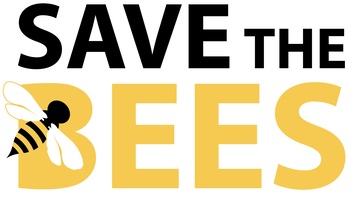
Bees are dying off at an unsustainable rate, with serious consequences for our natural world. They play a vital role as pollinators, and losing them would have a devastating ripple effect across all ecosystems. That’s why we’re working to expand bee habitats and stop the use of bee-killing pesticides.
In 2022 Environment Virginia supports:
- Protecting our bees and other pollinators by banning neonicotinoids, a bee killing pesticide.
- Incorporating pollinator friendly gardens and infrastructure in planning for new and existing development.
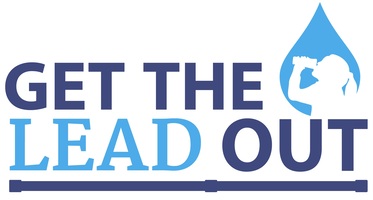
Lead is a potent neurotoxin and it affects how our children learn, grow and behave. Our children’s drinking water is at risk because most Virginia schools wherever we have faucets, fountains, or plumbing made with lead. We must take the necessary measures to ensure safe drinking water in schools.
In 2022 Environment Virginia supports:
- Replacing lead-bearing fountains, faucets, and other sources of contamination.
- Immediate shut-off of taps where water contains more lead than one part per billion, as recommended by the American Academy of Pediatrics.
- Installing filters certified to remove lead on all outlets used for drinking or cooking at school
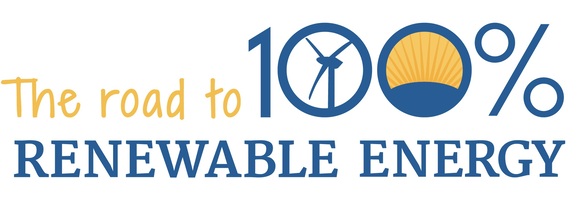
.
From severe storms to unhealthy air days and rising seas that put our coastal communities at risk, Virginia is already facing the impacts of global warming. These consequences, and others, will only grow worse unless we cut the carbon pollution fueling global warming and continue Virginia’s transition to 100% renewable energy.
In 2022, Environment Virginia supports:
- Protecting Virginia’s commitment to capping carbon emissions and transitioning 100% clean energy. In order to reduce pollution that harms our environment and our health, we oppose any attempts to roll back the Virginia Clean Economy ACT (VCEA) or participation in the Regional Greenhouse Gas Initiative (RGGI).
- The VCEA commits Virginia to 100% clean energy by 2045 and requires utilities in Virginia to develop the renewable energy needed to get there.
- RGGI puts a cap on carbon and since fully joining the program in 2020, generates revenue through carbon auctions with other participating states. This allows the Commonwealth to invest a significant portion of auction revenue in projects that directly benefit Virginians, such as energy efficiency, flooding resilience, clean transportation, and renewable energy development.
- Electrify Virginia’s buildings. Virginia lags behind when it comes to modernizing and electrifying our buildings. Updating our building codes and providing rebates and incentives to electrify and make our buildings more efficient, can have a big impact on how we use our energy and how much we use. At 29th in the nation for energy efficiency, Virginia needs to take these steps so that we are not wasting the clean energy we are developing.
- Expanding distributed solar in Virginia. While solar has seen success at the utility level, the barriers to distributed solar have hindered its full expansion. Currently the Renewable Portfolio Standard only requires 1% of small scale solar. This should be updated to no less than 10% and made possible through incentives such as tax breaks, rebates and creative financing such as Pay As You Save (PAYS). We support expanding distributed solar and breaking down the barriers that limit customers’ access to small scale as well as utility scale solar.
- Becoming an offshore wind leader. Virginia is on its way to make history in offshore wind with Dominion’s Coastal Virginia Offshore Wind project and the recent announcement of the first wind turbine blade facility in the US. We support the development of wind farms off the coast of Virginia and the adoption of measures that expedite the development and launch of an offshore wind industry in Virginia.
Authors
Elly Boehmer
State Director, Environment Virginia
A former canvass director and organizer with Impact, Elly now directs Environment Virginia's efforts to promote clean air, clean water and open spaces in Virginia. Elly lives in Richmond, Virginia, where she enjoys gardening, photography, hiking and rollerblading with her dog.

